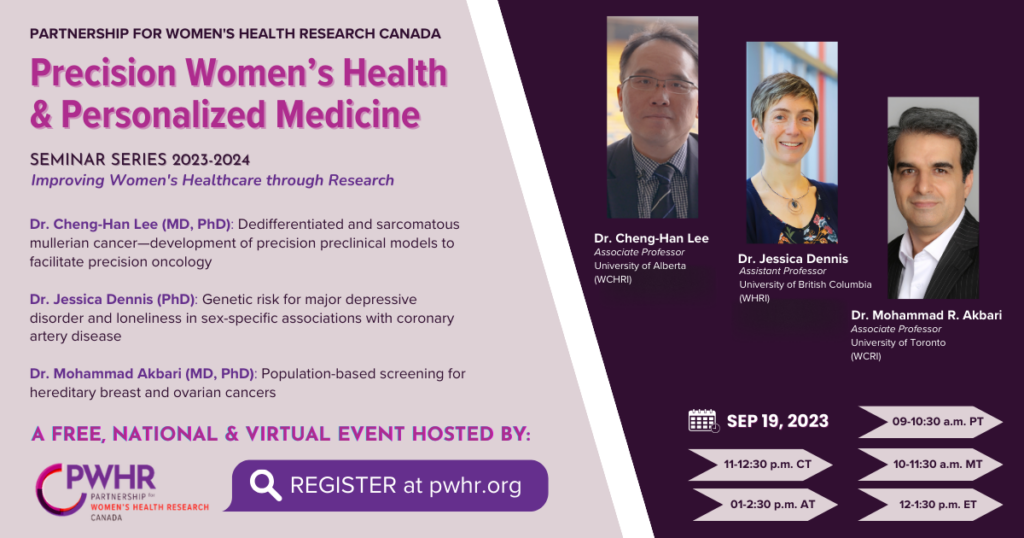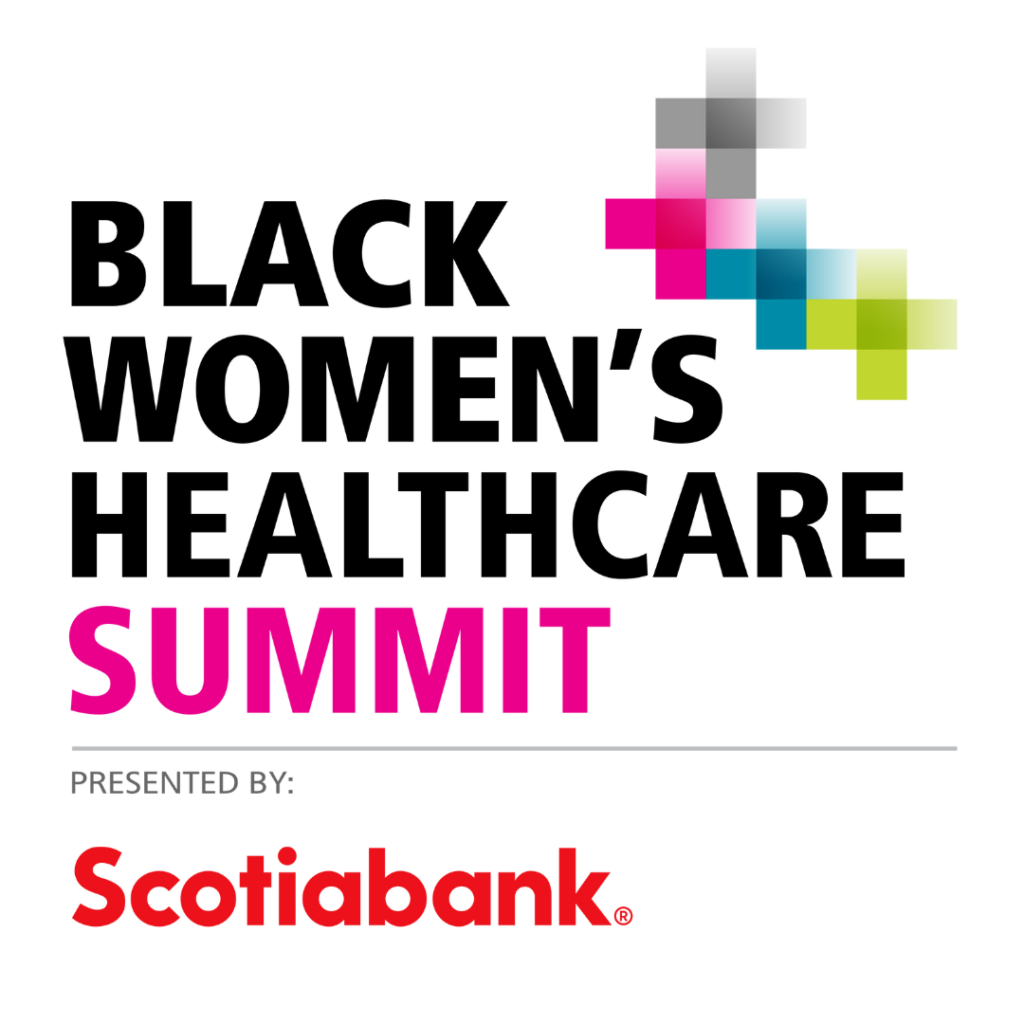Genes are segments of DNA containing instructions for building and maintaining humans. Alterations in DNA sequences — referred to as mutations — can impact a person’s health. Some mutations are related to environmental factors while others are inherited, according to the Canadian Medical Association Journal.
The occurrence of specific genetic characteristics varies among groups, and may be correlated with race, ethnicity or sex. There are several genetic conditions that specifically affect women.
For example, everyone inherits two copies of the BRCA1 and BRCA2 genes at birth. These genes help control normal cell growth. In some cases, people inherit mutations in these genes, which puts them at a greater risk for “breast and ovarian cancers as well as some other cancers, such as prostate and pancreatic cancers.” In fact, BRCA mutations “predispose women to a higher lifetime risk of breast (up to 80%) and ovarian cancer (up to 20 – 40%).”
The discovery of BRCA in the early 1990s allowed patients and doctors to better understand the risk associated with certain types of cancers. Screening and management options are available to “reduce the risk of developing cancer, detect cancer at an early stage, and identify more targeted treatments.”
Researchers at Women’s College Research Institute have identified three major clinical gaps in these screening and management options. These include:
- The limited portion of the population that is eligible for testing under the eligibility criteria.
- The fact that “hereditary cancer genetic testing is often offered to patients too late, with most tests done after a patient has been diagnosed with cancer.”
- Genetic testing being offered after cancer treatment has been completed. Ideally, knowing mutation status before or at the time of cancer diagnosis can help a patient and their medical team decide on the best course of treatment.
To bridge these gaps, Women’s College Research Institute launched a research study called The Screen Project, which provides access to population-based genetic testing.
Genetic disorders are also “one of the leading causes of infant mortality,” according to the BC Women’s Health Foundation, due to infants being impacted by mutations, irregularities in gene sequences or inherited issues from their parents.
The Provincial Medical Genetics Program (PMGP) at the BC Women’s Hospital + Health Centre provides access to “precise, patient-specific treatment plans for expectant mothers that can save a newborn’s life upon delivery; critically-ill infants in the NICU; babies born with a genetic cancer susceptibility syndrome; patients with genetic eye-disorders and more.”
Sometimes, a patient might not know they are carrying a genetic disorder. This was one reason for the launch of the Translational Genomics Hub at the Women & Children’s Health Research Institute in Alberta.
According to its leader Dr. Oana Caluseriu, the Hub wants “clinicians who have patients whose disease is likely due to a genomics cause, to be able to ask questions of researchers who have expertise with that gene or pathway in a lab.”
This allows clinicians the ability to offer patients better care, anticipate future problems, introduce specific treatments, and counsel the family about similar risks, if necessary.
Across Canada, researchers supported by WHCC member foundations are doing crucial and pioneering research to advance our understanding of genetic disorders, ensuring patients know tomorrow’s risks today.
Upcoming Events

9:00AM – 10:30AM PST
Are you passionate about the health of women, trans, and non-binary individuals? Are you eager to learn about ground-breaking research that is shaping the future of healthcare?
We’re thrilled to invite you to the 2023-2024 PWHR Women’s Health Research Seminar Series, an opportunity to learn about some of the latest advancements in women’s health research, and their impact on healthcare. For more information, check out the PWHR website.

November 2, 2023
5:30PM – 9:00PM EST
Join us for a transformative evening of education and networking while exploring the unique needs and issues in Black women’s health. The third Black Women’s Healthcare Summit, presented by Scotiabank, is a gathering place for those who believe in allyship, advocacy, and action surrounding Black women’s health, the health of their families, and their communities.
You will learn about the unique challenges that members of the Black community, particularly women, face due to the intersectionality of race, gender and health and how Women’s College Hospital is moving the dial on these issues.
